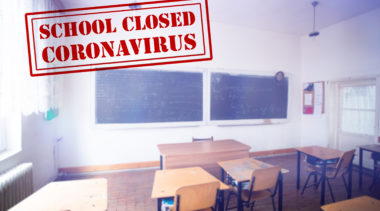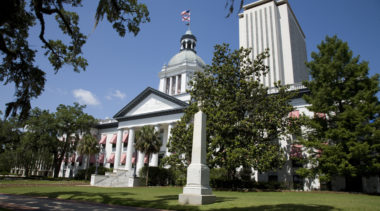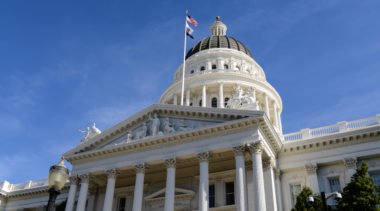-
Pennsylvania Should Fund Students, Not School Districts
Education funding is intended to help children learn, not to protect a government monopoly.
-
How Union Power Impacted School Districts’ COVID-19 Reopening Plans
School districts have the power to choose their own reopening plans. Let’s give families a choice, too.
-
USPS Needs Policy Change, Not a Bailout, to Fix Pension Problems and Debt
The United States Postal Service has amassed $120 billion in unfunded pension and other post-employment benefits liabilities.
-
What the U.S. Can Learn From Australia On School Choice
America needs to move toward an education system that gives parents and students choices and funds students directly.
-
How the FDA Is Saving the Cigarette
The traditional cigarette will receive the greatest boost it has gotten in many years thanks to federal law and a federal agency that is supposed to be focused on the protection of public health.
-
Three Things Policymakers Can Do to Improve School Finance Systems Right Now
There are practical and prudent steps policymakers can take to help schools support kids in the coming school year.
-
Evaluating the Actuarial Soundness of Texas’ Largest Public Pension Plans
Reforms would move the state towards more sustainable and responsible retirement systems that better protect Texas' teachers, public employees and taxpayers.
-
Private Sector Water Management Solutions Help Governments Deliver Affordability and Reliability
Governments are usually ill-equipped to manage the changes and risks associated with operating and maintaining water systems by themselves.
-
Could a Federal Loan Program Help Fix Ailing State Public Pension Plans?
Federal loans for states with failing pension systems would penalize states that have taken steps to address insolvency and are unlikely to fix the worst-off public pension plans.
-
Keeping Auto Safety Regulations Current In a Rapidly Evolving Technology Landscape
There is a growing gulf between automotive technology developers and safety regulators that must be addressed.
-
States, and Taxpayers, Need Better Transportation Data
State transportation departments have largely failed to adopt modern data and technology capabilities—and our roads are worse for it.
-
Satellite-Broadband Service Is the Best Way to Get Internet Access to Rural America
Throwing billions of taxpayers' dollars at rural broadband projects is not the answer to the digital divide.
-
Florida’s Public Pension Investment Return Assumptions Are Too Risky and Driving Debt
Unrealistic investment return assumptions have been the largest contributor to the $30.3 billion in unfunded pension liabilities the Florida Retirement System has accumulated since 2008.
-
Watch Experts Discuss How Unintended Consequences of Vaping Bans Hurt Public Health
Vaping prohibitions also contribute to over-criminalization and the over-policing of minority communities in your city and state.
-
Beware of Over-Complexity in Pension Plan Reform Efforts
Promoting government inaction on public pension reform through the presentation of overly complex data is a strategy that needs to be recognized and rebuffed.
-
Marijuana Legalization Could Address Criminal Justice Reform and State Revenue Concerns
Marijuana legalization not only presents the opportunity to generate additional state and local revenue but can also address much-needed criminal justice reform in states like North Carolina.
-
Cigarette Sales Increase as Vaping Bans Push People Back to Smoking
Many public health experts warned that banning vaping flavors would result in more adults smoking cigarettes.
-
How the Ballot Language Used For California Initiatives Impacts Fairness
Simply abiding by all the legal requirements already on the books would help ensure we have honest and fair elections with results that reflect the will of the people.

















